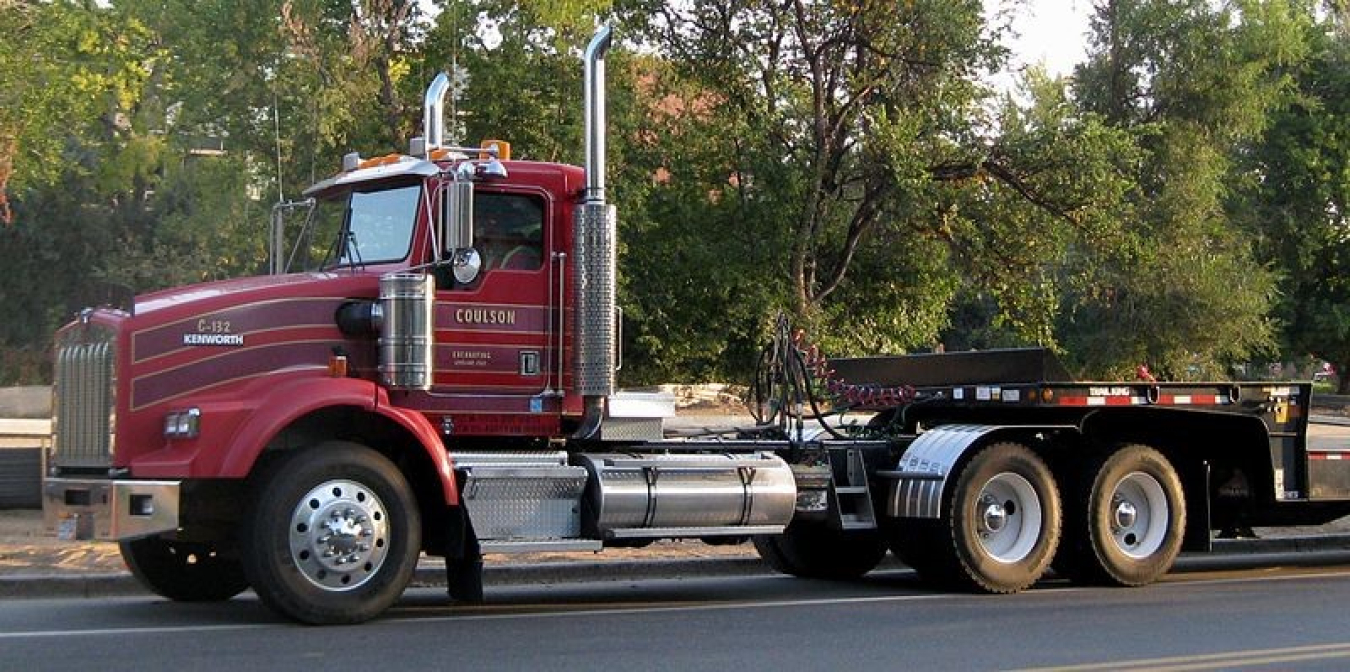
Photo courtesy of High Contrast.
The job of motor vehicle operator is an entry-level position in bioenergy, in the infrastructure career sub-sector. Job seekers with infrastructure backgrounds or students in trade or vocational school could consider this type of entry-level bioenergy job.
Motor vehicle operators drive vehicles, equipment, and boats in order to transport bioenergy end products (biofuels and products) to user markets (e.g., gas stations, stores, distribution warehouses). They also assist in warehouse work, including issuing, receiving, and inventorying cargo, and doing preventative maintenance on vehicles. People in these positions may hold internships or entry-level jobs in bioenergy motor vehicle operation.
Motor Vehicle Operator
| Alternate Title(s) | Truck Driver; Pipeline Operator; Barge Operator; Railcar Operator; Train Station Operator |
| Education & Training Level Description | High school diploma and Commercial Driver’s License (CDL) recommended. On-the-job training, apprenticeship associate’s degree, or trade school preferred. |
| Experience | 0–7 years |
| Job Skills |
|
| Job Profile | Individuals operate vehicles, equipment, and boats in order to transport bioenergy end products (biofuels and products) to user markets (e.g., gas stations, stores, distribution warehouses). Operators also assist in warehouse work, including issuing, receiving, and inventorying cargo, and doing preventative maintenance on vehicles. At the entry level, motor vehicle operators operate different types of vehicles and pipelines to transport bioenergy end products to consumers and distribution centers. A high school diploma and a commercial driver’s license are recommended. On-the-job training, apprenticeship, or trade school experience is highly preferred. Employers value relevant experience gained through part-time employment, internships, or volunteer work. |
More Entry-Level Infrastructure Jobs in Bioenergy
Related Bioenergy Career Resources
Bioenergy Career Exploration Wheel

